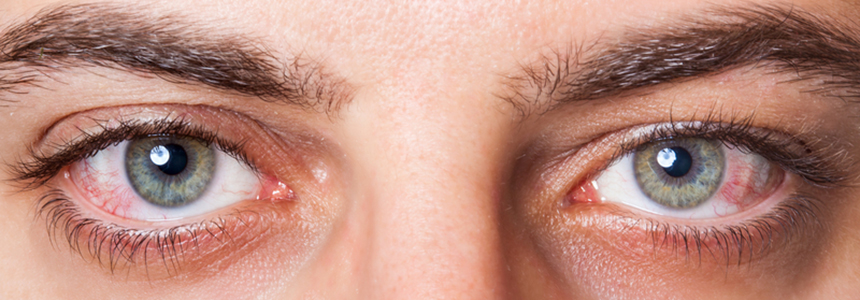
Uveitis: Symptoms, Causes, and Treatment of Eye Inflammation
Uveitis is a form of eye inflammation. It affects the middle layer of tissue in the eye wall (uvea). Uveitis warning signs often come on suddenly and the treatment of Eye Inflammation gets trickier. The uvea consists of the iris, the ciliary body and the choroid. The choroid is sandwiched between the retina and the sclera. The retina is located at the inside wall of the eye and the sclera is the outer white part of the eye wall. The uvea provides blood flow to the deep layers of the retina. Uveitis may be caused by a bruise or diseases like AIDS, multiple sclerosis, arthritis, syphilis, and tuberculosis. In many cases, the cause isn’t known.
Types of Uveitis.
- Anterior uveitis is the most common. It affects the front of your eye.
- Intermediate uveitis affects your ciliary body.
- Posterior uveitis affects the back of your eye.
- If your entire uvea is inflamed, you have pan uveitis.
If not treated, uveitis can lead to severe eye problems, including blindness. It’s one of the leading causes of loss of sight among working-age people. Uveitis can also lead to things like cataracts, glaucoma, damage to the optic nerve, and detachment of the retina, a thin tissue that lines the back of your eye.
The first step for the Treatment of Eye Inflammation, may be eye drops that have medicine, usually a corticosteroid to fight inflammation. You might get dilating eye drops to prevent scarring and relax your eye muscles to cut eye twitches. If the drops don’t work, your doctor may add a pill or injection. If an infection causes your uveitis, you’ll get other drugs, too. These infection fighters include antibiotics and antivirals. If you don’t get better with those treatments, or if your uveitis is severe, your doctor may prescribe stronger drugs. In some cases, your doctor may recommend a procedure to remove some of the gel-like substance in your eye.







